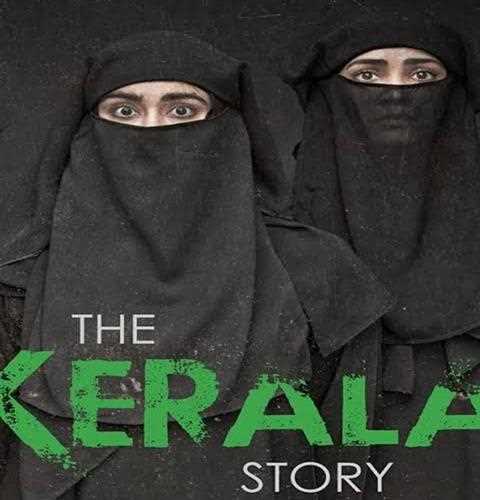
There is significant protest surrounding the movie 'The Kerala Story' due to its potential to polarize society and promote false narratives about the state of Kerala in India. The movie depicts four women who convert to Islam and join ISIS, claiming to uncover the events behind the alleged disappearance of around 32,000 women in the southern state. The filmmakers assert that these women were converted, radicalized, and used in terror missions across India and the world.
However, the movie has faced backlash as it is perceived as spreading misinformation and exaggerating the reality of Kerala, which is known for its inclusive and diverse society. The filmmakers' allegations have been deemed baseless and absurd, with some accusing the movie of promoting Islamophobia and perpetuating harmful stereotypes about the religion. The opposition parties, youth organizations, and students have demanded a stay on the release of the film and have staged protests against it.
The protesters contend that the movie has the potential to incite hatred and violence against the Muslim community, which is already marginalized and facing discrimination in India. The petition against the film has even reached the Supreme Court of India, reflecting the widespread concern about the potential impact of the movie.
Congress leader Shashi Tharoor has condemned the movie, accusing the filmmakers of gross exaggeration and distortion of Kerala's reality. He has criticized the film's claim that 32,000 women have gone missing in the state, calling it baseless and absurd.
In conclusion, the controversy surrounding 'The Kerala Story' stems from its alleged promotion of false and harmful narratives about Kerala and its people. The protests against the film are a reflection of the deep concern that such narratives can incite violence and discrimination against marginalized communities in India. The controversy highlights the power of movies to shape people's perceptions and the importance of ensuring that such narratives are based on facts and do not promote hatred and discrimination.